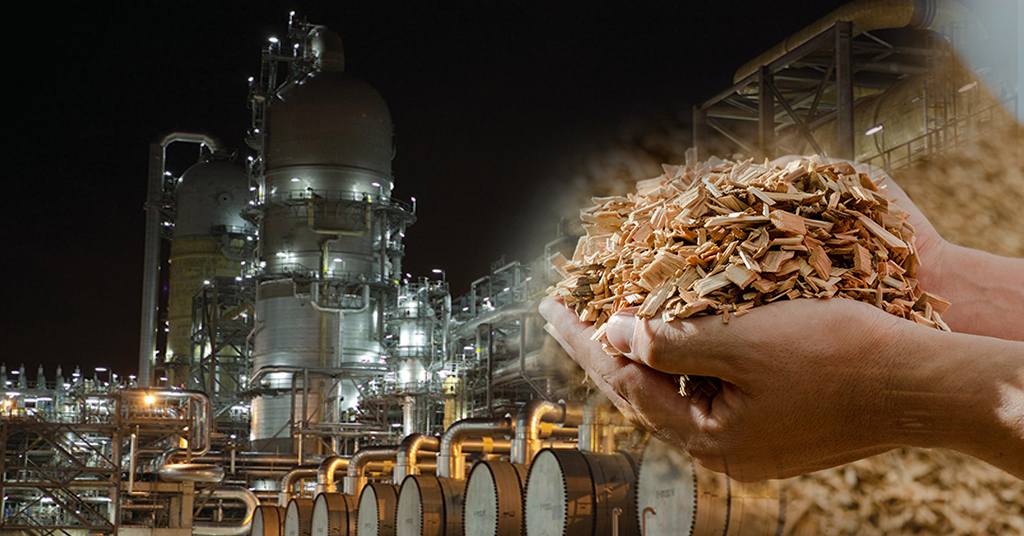Welcome To ChemAnalyst

The potential temporary easing of U.S. sanctions against Venezuela could provide a much-needed boost to the country's struggling oil industry, which has seen output plummet to its lowest levels in half a century.
The sanctions, initially imposed by the Trump Administration, have significantly hindered Venezuela's crude oil production and exports. However, even before the imposition of sanctions, the nation, which holds the world's largest crude oil reserves surpassing even Saudi Arabia's, was grappling with a decline. Years of mismanagement, corruption, and inadequate investment in field operations and refinery maintenance by the state-owned oil company PDVSA had already taken a toll on the industry.
In 2021, Venezuela's crude oil production hit a historic low of approximately 700,000 barrels per day (bpd). Under the Biden Administration, there has been a slight opening in relations with Venezuela. The administration allowed Chevron to recommence its operations in the country and export its crude after access to Russian heavy crude was cut off due to Russia's sanctions related to its involvement in Ukraine.
In November, Chevron was granted a license to continue its joint ventures with PDVSA in Venezuela. Proceeds from Chevron's sales of Venezuelan-derived crude are directed towards reducing PDVSA's debt to Chevron, rather than contributing to the state-run company's profits. The prized heavy crude from Venezuela is sought after by U.S. Gulf Coast refiners, who had previously turned to Russia for alternatives.
Analysts suggest that if the U.S. further relaxes sanctions and permits additional Western oil firms to operate in Venezuela, the country could potentially increase its output by around 200,000 bpd, reaching approximately 1 million bpd in crude production by 2025. However, certain conditions must be met for this scenario to materialize.
First, Venezuelan President Nicolas Maduro would need to agree to hold genuinely free and fair presidential elections. Additionally, Western oil companies must ascertain that the potential temporary easing of sanctions would provide a viable investment opportunity to revive production at Venezuelan oilfields. Many of these fields have been dormant and neglected due to PDVSA's financial constraints and the restrictions on oil exports.
Reports suggest that there might be a willingness within the U.S. administration to extend the opportunity for more companies, beyond Chevron, to engage in Venezuelan crude oil exports. Government officials in Washington are reportedly developing a draft proposal for sanctions relief, contingent upon Venezuela organizing genuinely democratic presidential elections. The proposed plan could allow more firms to purchase Venezuelan crude.
Currently, Chevron is the sole Western company authorized to operate in Venezuela. It has already doubled its production in the country, reaching 135,000 bpd as of May 2023 compared to October 2022, just before the partial sanctions relief. Chevron's plans include drilling new wells in Venezuela in the coming year, potentially increasing its output to 200,000 bpd by the end of 2024.
We use cookies to deliver the best possible experience on our website. To learn more, visit our Privacy Policy. By continuing to use this site or by closing this box, you consent to our use of cookies. More info.
